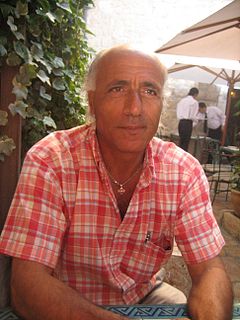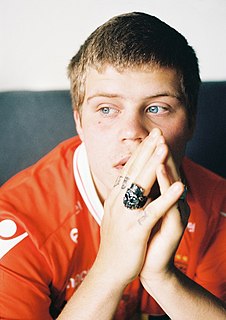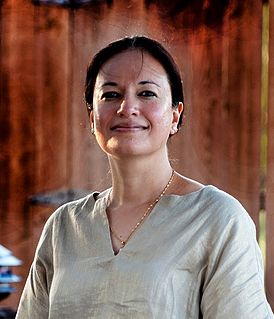A Quote by Joseph Brodsky
Although I am losing my Soviet citizenship, I do not cease to be a Russian poet.
Related Quotes
25 million of Russian people suddenly turned out to be outside the borders of the Russian Federation. They used to live in one state; the Soviet Union has traditionally been called Russia, the Soviet Russia, and it was the great Russia. Then the Soviet Union suddenly fell apart, in fact, overnight, and it turned out that in the former Soviet Union republics there were 25 million Russians. They used to live in one country and suddenly found themselves abroad. Can you imagine how many problems came out?
In the era of Khruschev the Soviet Union had publicly declared itself a supporter of the Indian stand on Kashmir. In 1962 a Russian veto had defeated a Security Council resolution on the plebiscite issue. By 1965, and after the fall of the Kruschev regime, Russian attitudes were significantly modified.
I am proud of Russia and I am sure that the vast majority of Russian citizens have great love and respect for their Motherland. We have much to be proud of: Russian culture and Russian history. We have every reason to believe in the future of our country. But we have no obsession that Russia must be a super power in the international arena. The only thing we do is protecting our vital interests.




































